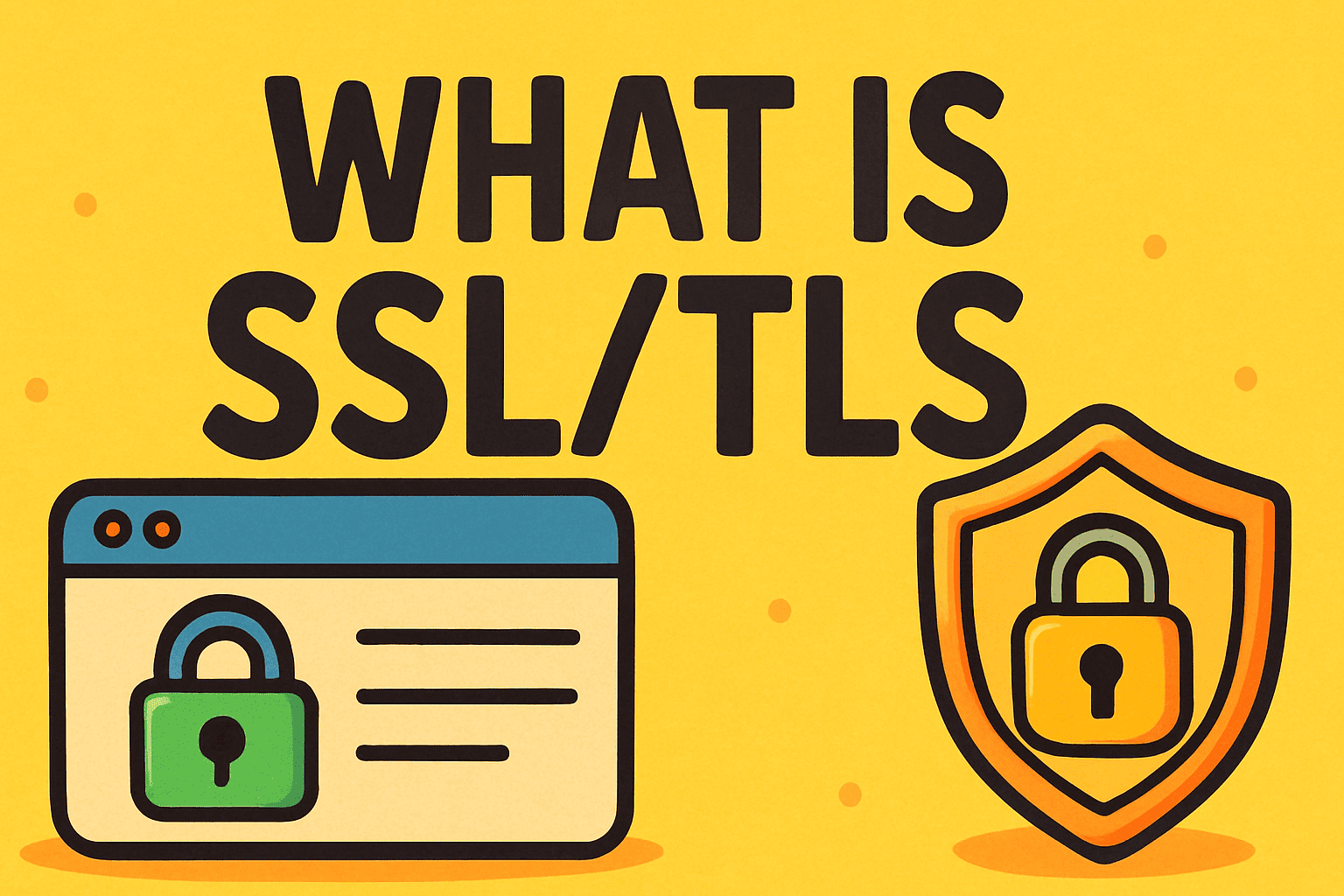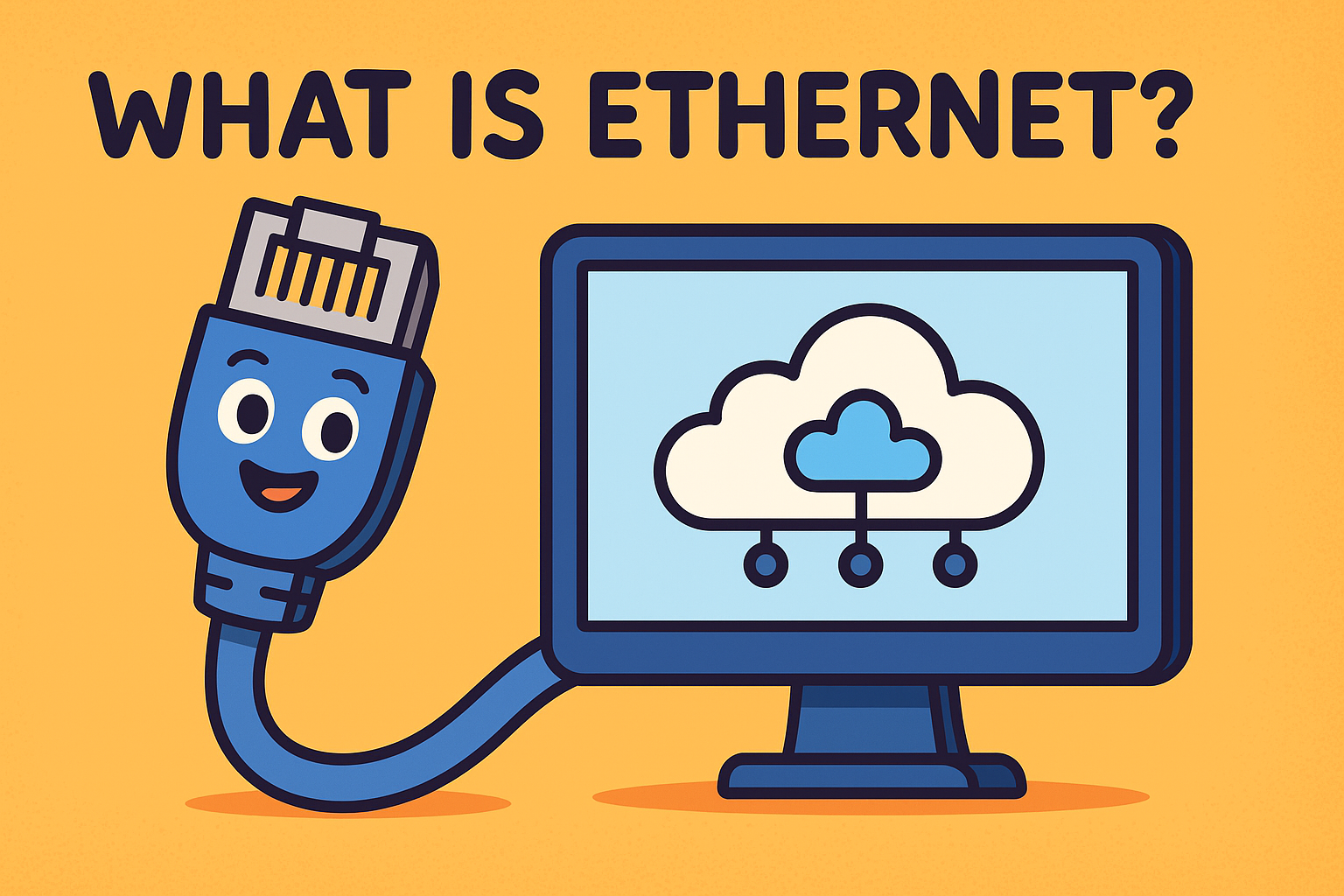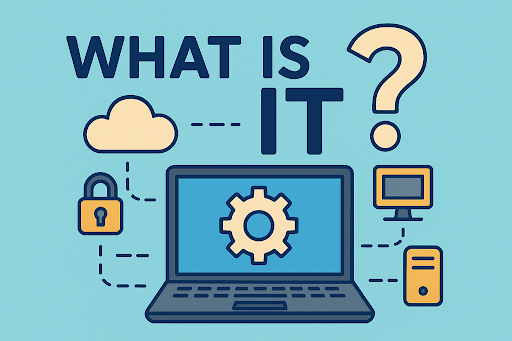What is TCP Protocol? A Complete Guide for IT and Cybersecurity Professionals
Updated on August 18, 2025, by Xcitium

Have you ever wondered how data travels reliably from one device to another across the globe? What is TCP Protocol: The TCP protocol (Transmission Control Protocol) is the backbone of modern digital communication, ensuring that information gets delivered accurately and in order. Whether you’re browsing a website, sending an email, or conducting secure financial transactions, TCP is quietly making sure your data reaches its destination without errors.
For IT managers, cybersecurity professionals, and network engineers, understanding TCP is essential—not just for performance tuning, but also for protecting against cyber threats that exploit network vulnerabilities.
What is TCP Protocol?
TCP (Transmission Control Protocol) is a connection-oriented communication protocol used in computer networks. It works in conjunction with the Internet Protocol (IP), forming the famous TCP/IP model that powers the internet.
Key features include:
- Reliable delivery: Ensures data is received without errors.
- Ordered transmission: Maintains the sequence of data packets.
- Error checking: Uses acknowledgments and retransmissions to prevent data loss.
- Flow control: Prevents overwhelming the receiving device.
Simply put, TCP is like a postal service that guarantees each package arrives in the correct order, without damage, and exactly where it’s supposed to go.
How TCP Works: The 3-Way Handshake
Before data transfer begins, TCP establishes a secure connection between devices using a three-step process known as the 3-way handshake:
- SYN – The client sends a synchronization request to the server.
- SYN-ACK – The server responds with a synchronization acknowledgment.
- ACK – The client confirms, and the connection is established.
Only after this handshake can actual data transmission occur, making TCP more secure and reliable than connectionless protocols like UDP.
TCP vs. UDP: Which One Should You Use?
| Feature | TCP | UDP |
| Reliability | Yes | No |
| Speed | Slower | Faster |
| Use Cases | Web browsing, email, file transfer | Streaming, gaming, VoIP |
| Error Checking | Yes | Limited |
TCP is preferred for applications where reliability and accuracy are critical, while UDP is chosen for scenarios where speed is more important than error correction.
Why TCP Matters in Cybersecurity
Cybersecurity teams rely on TCP for secure data transmission, but attackers also target TCP for malicious purposes. Examples include:
- TCP SYN Flood Attacks: Overloading a server with connection requests.
- Session Hijacking: Intercepting an active TCP session to steal data.
- Port Scanning: Identifying open TCP ports for exploitation.
This is why understanding TCP is not just a networking skill—it’s a cyber defense necessity.
Real-World Applications of TCP
- Web Browsing (HTTP/HTTPS) – TCP ensures every web page loads completely and in order.
- Email Protocols (SMTP, IMAP, POP3) – Reliable transmission of emails.
- File Transfers (FTP, SFTP) – Ensures no corruption or loss of data.
- Remote Access (SSH, Telnet) – Secure command-line control of servers.
How TCP Ensures Reliability
TCP uses several mechanisms to guarantee reliability:
- Acknowledgments (ACKs): The receiver confirms each packet received.
- Retransmission: Lost or damaged packets are resent.
- Sequence Numbers: Ensure correct ordering of packets.
- Windowing: Controls data flow based on network capacity.
Troubleshooting TCP Issues
If you suspect a TCP-related problem, you can:
- Use ping or tracert to test connectivity.
- Run Wireshark to inspect TCP packet flow.
- Check for firewall rules blocking certain TCP ports.
Common TCP ports to know:
- Port 80 – HTTP
- Port 443 – HTTPS
- Port 25 – SMTP
- Port 21 – FTP
Best Practices for TCP Security
- Enable encryption with TLS/SSL for TCP applications.
- Use firewalls to filter unwanted TCP traffic.
- Implement intrusion detection systems to spot anomalies.
- Regularly patch operating systems and applications.
FAQ: What People Also Ask
- What is the purpose of TCP?
TCP ensures reliable, ordered, and error-checked delivery of data between devices on a network. - Is TCP secure by itself?
No. TCP ensures reliability but not encryption. For security, it should be paired with protocols like TLS. - Why is TCP slower than UDP?
Because TCP checks every packet for order and accuracy, adding extra processing steps. - Can TCP be hacked?
Yes. Attackers can exploit TCP flaws through DoS attacks, hijacking, or port scanning. - What layer does TCP operate in?
TCP operates at the Transport Layer of the OSI model.
Conclusion
The TCP protocol remains one of the most important components of the internet, balancing reliability, order, and efficiency. For IT managers and cybersecurity leaders, mastering TCP isn’t optional—it’s a necessity for keeping networks secure, efficient, and resilient.
Strengthen Your Cybersecurity Strategy
Want to safeguard your organization from network-based threats? Xcitium offers advanced endpoint and network protection solutions tailored for modern enterprises.
















